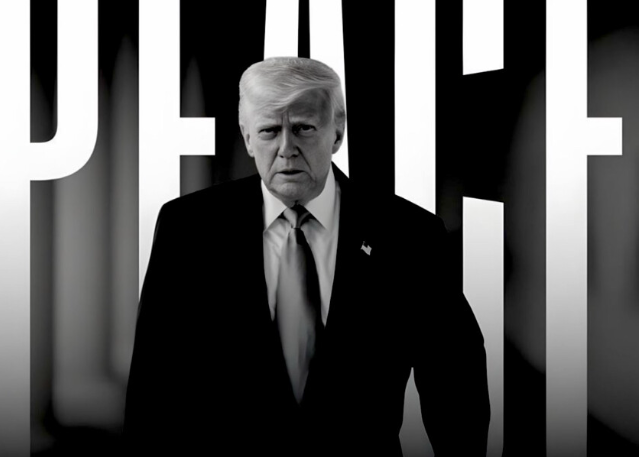President Trump’s latest energy and trade policies focus on lowering electricity and gas prices while reducing U.S. dependence on China. With new investments and global deals like the one with Indonesia, the administration aims to fight inflation and strengthen America’s economic position.
President Trump led New Energy and Trade Policies Aim to Cut Costs and Isolate China
In a significant policy development, President Donald Trump is drawing widespread praise for his aggressive energy independence strategy and targeted international trade deals that aim to reduce inflation, strengthen the economy, and strategically isolate China.
The Trump administration has recently announced major investments, including $56 million for new energy infrastructure and over $36 million for advanced data center projects. Officials have hinted at even more initiatives to be revealed in the coming weeks, signaling a robust economic strategy that prioritizes domestic production and innovation.
These initiatives come amid a year of rising utility costs in the U.S. According to the latest report, electricity prices have surged by 5.8% year-over-year, while utility gas services have increased by a steep 14.2%. These spikes have intensified concerns about household budgets and business operating costs.

EJ Antoni, a research fellow and economic analyst, attributes these rising costs to earlier policies under the Biden administration, particularly the Inflation Reduction Act. “Instead of reducing inflation, that act redirected critical resources from reliable energy sources like natural gas and coal to inconsistent and less dependable alternatives,” Antoni explained.
He emphasized that under President Trump, the U.S. is actively reversing those policies by re-investing in traditional, reliable sources of energy. “When you reallocate resources back to consistent energy sources, you not only stabilize the market, but you also drive down prices for American consumers.”
Antoni also pointed out that energy prices are a foundational component of inflation. “Energy touches every part of the economy. Whether it’s manufacturing, transportation, or food production, lower energy costs directly lower the price of all goods and services.”
He referenced the Consumer Price Index (CPI) reports from earlier this year, noting that when energy prices rose — like in June — the CPI surged. However, in months when energy prices stabilized, inflation eased. “This makes energy policy the key to defeating inflation and solving the cost-of-living crisis that Americans have been struggling with.”
When asked how low prices could go under Trump’s full energy independence agenda, Antoni was confident. “We can absolutely return to the energy price levels we had during Trump’s first term. Back then, Americans enjoyed historically low gas prices and stable utility bills. That kind of relief is possible again.”
In addition to economic reforms, President Trump is also making headlines on the global stage with a new trade agreement with Indonesia — a nation considered a major trade partner of China. This deal is being celebrated as a geopolitical win for the U.S. and a strategic move to reduce China’s global influence.
“Why should the average American care about a deal with Indonesia?” Antoni responded. “Because it’s part of a bigger strategy. Indonesia has been a key economic partner for China. By strengthening our ties with nations like Indonesia, India, Australia, and Japan, we’re pulling them out of China’s sphere of influence.”
According to Antoni, this move weakens the Chinese Communist Party’s ability to dominate global trade and puts pressure on China to renegotiate on more balanced terms. “President Trump’s trade policies are cornering China on the global stage. That’s how you isolate an economic rival without firing a single shot — through strategic partnerships.”
He added, “It’s remarkable what President Trump has achieved in terms of isolating China and putting American interests first. These moves not only enhance our global position but also deliver economic benefits back home.”
As President Trump continues to implement his energy-first, America-first economic model, both domestic and international analysts agree that the combination of low-cost energy and geopolitical maneuvering could restore economic stability while limiting China’s influence across Asia.

